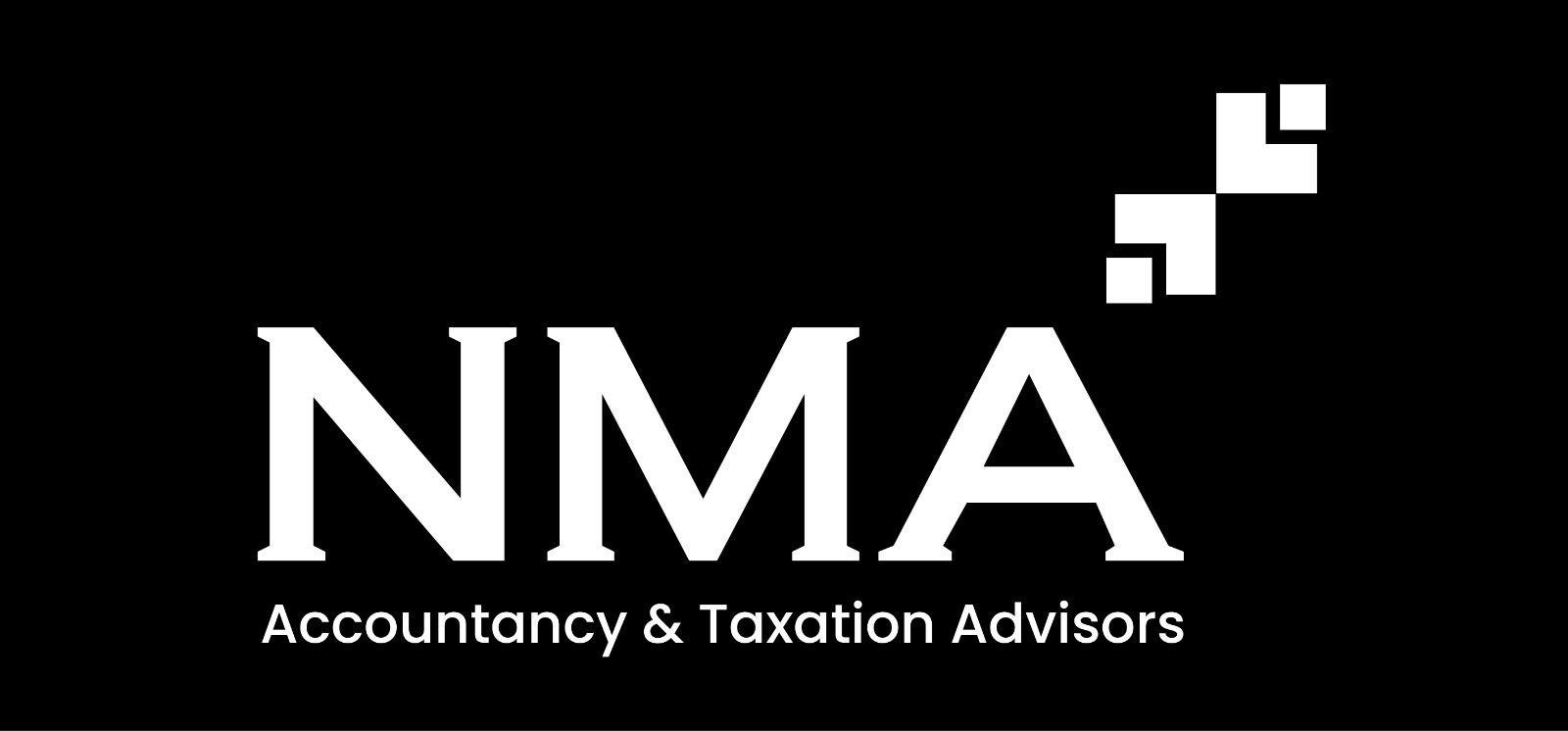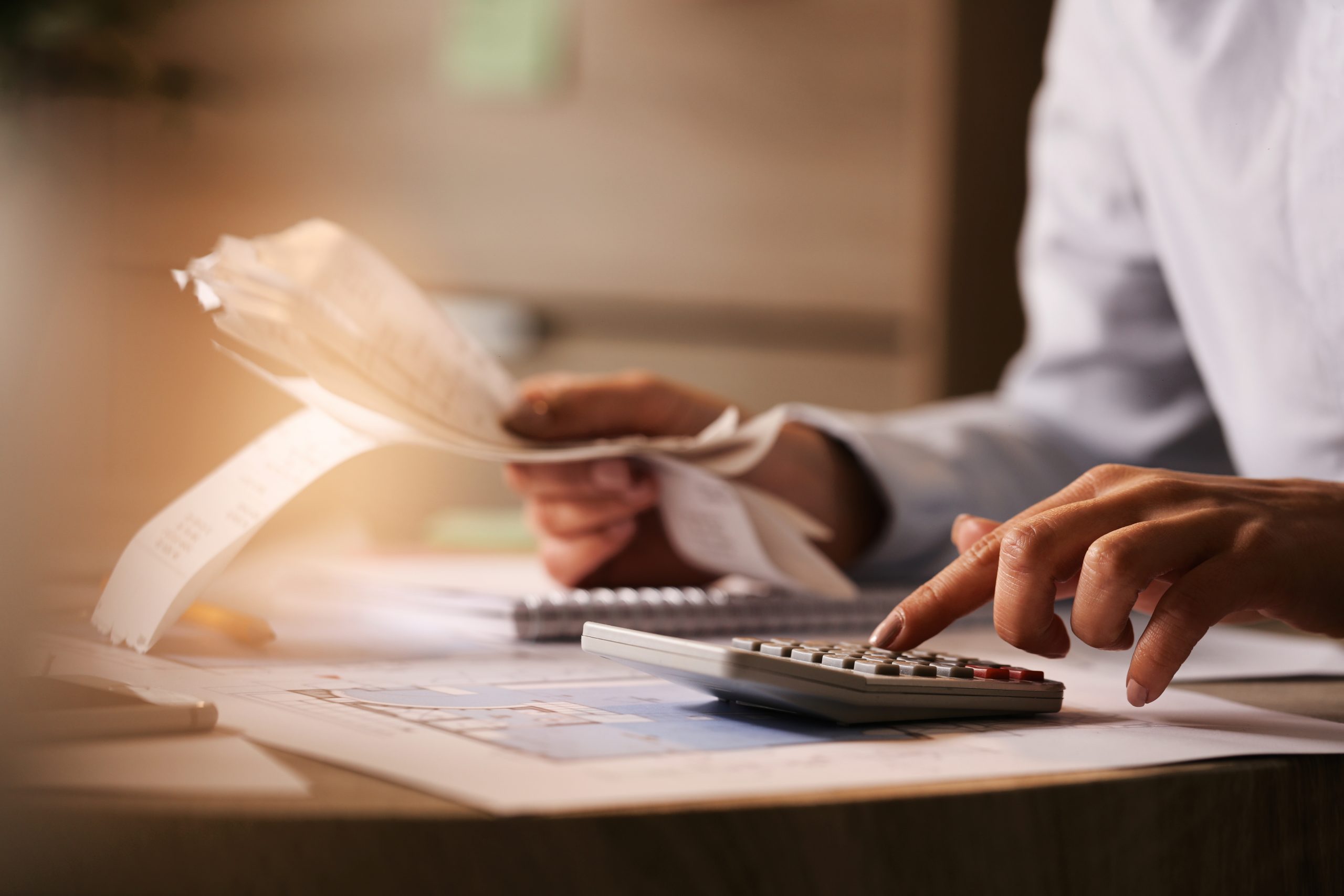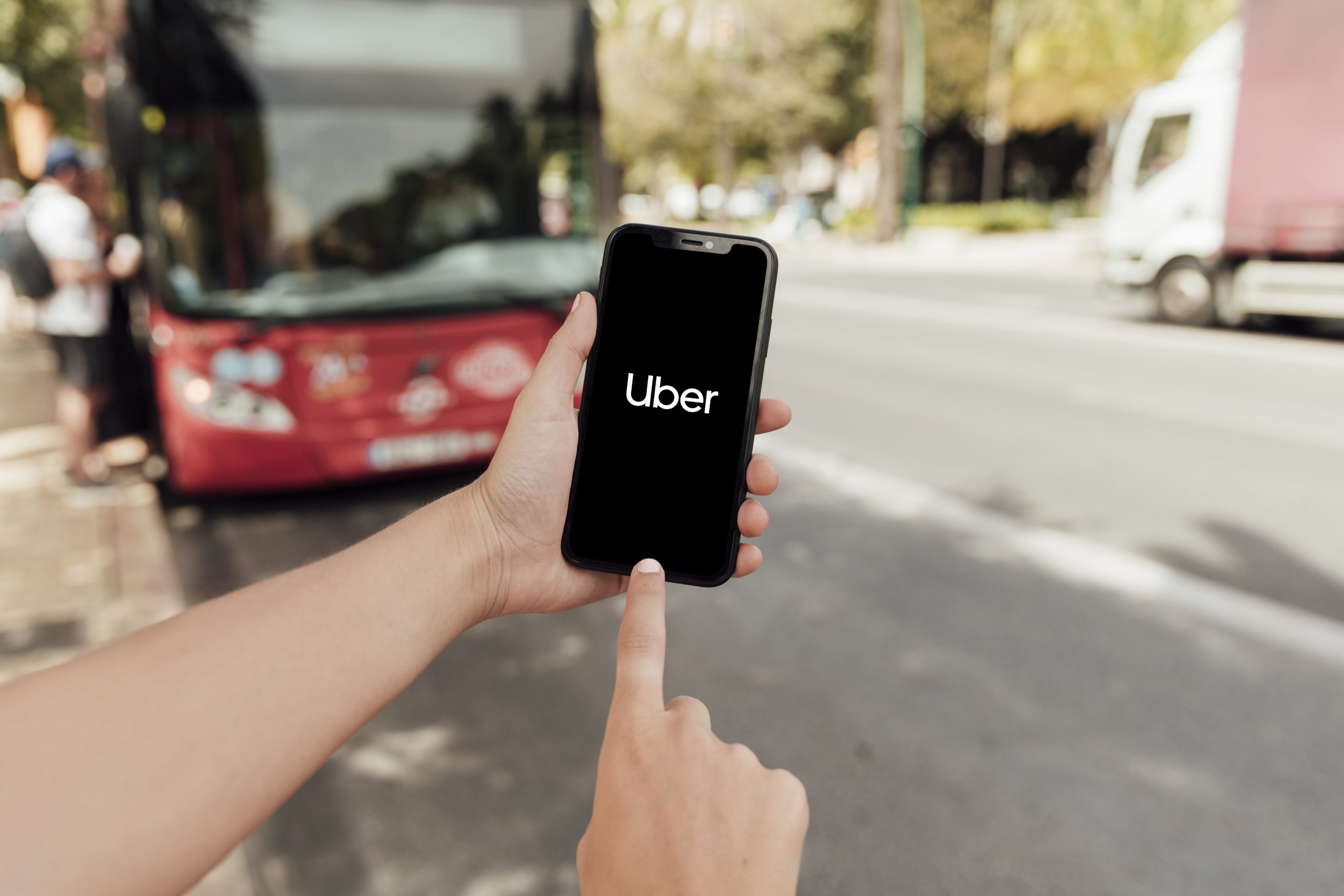
Tax Guide for Uber Drivers: Navigating Self-Employment Taxes
If you’re an Uber driver or considering becoming one, understanding your tax obligations is crucial. As an Uber driver, you’re classified as self-employed, which means you’re responsible for submitting a tax return each year, claiming tax reliefs to minimize your tax bill, and paying your own taxes.
In this guide, NMA Accountancy & Taxation Advisors will explain what you need to know about how being self-employed affects your income tax, how to handle expenses, and how to claim tax relief effectively.
Do I Need to Pay Tax as an Uber Driver?
As an Uber driver, you’re classified as self-employed, which means you must register for self-assessment and file a tax return with HMRC each year. Unlike employees who have taxes automatically deducted from their wages or pensions, self-employed individuals like Uber drivers must report their income on a tax return.
If you earn more than £1,000 in a tax year, you must report your earnings to HMRC.
Should Uber Drivers Pay Income Tax?
The short answer is yes. All self-employed individuals have a tax-free trading allowance of £1,000. However, if your earnings exceed this amount in a tax year, you need to register for self-assessment, report your income, deduct allowable expenses, and pay any taxes due.
Choosing the Right Business Structure
Most Uber drivers operate as sole traders because it’s more straightforward and cost-effective than forming a limited company. As a sole trader, you’ll have less administrative responsibility than a limited company. For this guide, we’ll assume you’re operating as a sole trader.
Reporting Income to HMRC
You must register for self-assessment by 5th October in your second tax year of operation. For instance, if you start driving for Uber in August 2023, you need to register by 5th October 2024.
Keep detailed records of all business expenses incurred while working, and ensure you track any additional income from other jobs or platforms to complete your tax return accurately.
Can I File My Tax Return Online?
Yes, once registered, you can choose to file your tax return online or on paper. We recommend filing online because HMRC is moving towards digital tax submissions under Making Tax Digital. Filing online also gives you an extra three months to submit your return.
Working with a qualified accountant like those at NMA Accountancy & Taxation Advisors can ensure your tax return is accurate and complete.
Key Dates for Tax Return Filing
The UK tax year runs from 6th April to 5th April the following year. You must file your online tax return by 31st January for the previous tax year.
How to Register Online
Registering online is a convenient way to comply with HMRC requirements:
Create an HMRC Online Account
- Visit the HMRC website and click “Register for self-assessment.”
- Provide personal details, including your name, address, National Insurance number, and contact information.
- Verify your identity through security questions or documentation.
Obtain Your Unique Taxpayer Reference (UTR)
- HMRC will issue a UTR number after processing your registration.
- Use this number for all future communications with HMRC.
Set Up a Government Gateway Account
- Create this account using your UTR and personal details.
- Use it to manage your tax obligations and file your returns.
Activate Your Account
- HMRC will send an activation code to your registered address.
- Log in to your Government Gateway account and enter the activation code.
For more information, contact NMA Accountancy & Taxation Advisors at +44 1582 240900.
Will Uber Report My Income to HMRC?
Recent changes require digital platforms like Uber to report driver income to HMRC, so ensure your earnings are correctly reported to avoid penalties.
How Much Tax Will I Pay?
Income Tax
The standard Personal Allowance is £12,570, meaning you don’t pay tax on this income. Here’s the tax breakdown:
- Up to £12,570: 0%
- £12,571 to £50,270: 20%
- £50,271 to £125,140: 40%
- Over £125,140: 45%
National Insurance
As a sole trader, you pay National Insurance based on profits (income minus expenses).
- Profits £6,725 or more: Class 2 contributions protect your National Insurance record; you don’t have to pay.
- Profits over £12,570: Pay Class 4 contributions: 6% on profits between £12,570 and £50,270, and 2% on profits over £50,270.
Payment Deadlines
- 31 January: Pay any tax owed for the previous tax year and make the first payment on account for the upcoming year.
- 31 July: Make the second payment on account for the upcoming year.
Claiming Business Expenses
You can claim expenses related to your self-employment to reduce your tax bill. Keep accurate records of expenses, such as receipts and invoices, for potential HMRC inquiries.
Allowable Expenses for Uber Drivers
You can claim the following expenses:
- Car-related: Insurance, fuel, maintenance, repairs, road tax, MOT, cleaning, valeting, and breakdown cover.
- Ride-related: Parking fees, tolls, congestion charges.
- Other: Public liability insurance, Uber costs and commissions, private hire license fee, training costs, first aid kits, phone costs, accountancy, and legal fees.
Mileage Allowance
If using your personal car for Uber, claim a mileage allowance. The current rate is 45p per mile for the first 10,000 miles and 25p thereafter. Track your mileage to ensure accurate claims.
Leasing and Purchasing Vehicles
If leasing a car for Uber, claim the lease cost proportionate to business use. For purchased cars, claim capital allowances to deduct the vehicle’s cost over time, especially for zero-emissions or electric cars.
How to Claim Expenses
Claim expenses on your tax return by:
- Keeping detailed records of all business expenses.
- Summing allowable expenses for the tax year and reporting them on your return.
- Retaining proof for HMRC inquiries but don’t send them with your return.
Summary for Uber Drivers
As an Uber driver, you’re self-employed and must submit a tax return if your earnings exceed £1,000 annually. Claim business expenses to reduce tax liability, keep detailed records, and adhere to HMRC deadlines to avoid penalties. Consider partnering with NMA Accountancy & Taxation Advisors to ensure your tax return is accurate and efficient. Our affordable sole trader packages could save you more than the cost of our services. Contact us today at +44 1582 240900 for assistance!




